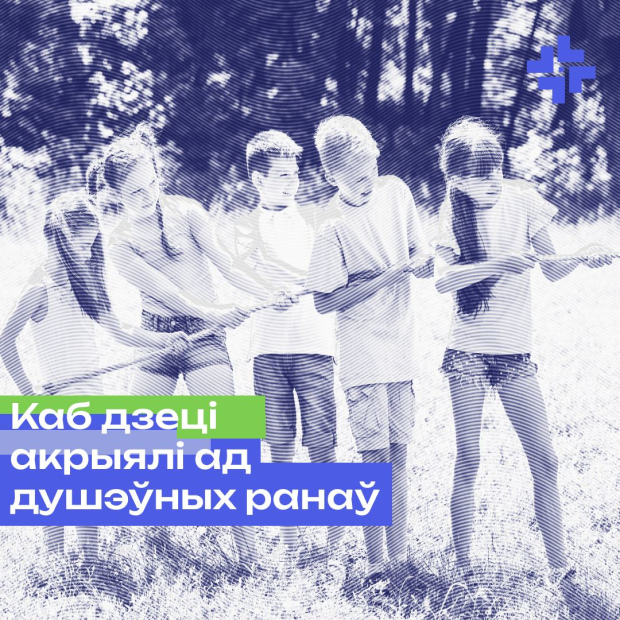A camp for teenagers whose parents have suffered from repression and war is being organized for this purpose. You can also contribute to this cause.
"Children experience emigration more severely than adults."
— Forced emigration is a significant stress, and not every adult can cope with its challenges. Let alone children," says Volha Zazulinskaya, co-organizer of the Humanitarian Ambulance Service and head of "A Country to Live In" foundation.
"We are organizing this camp in Poland because we want to help Belarusian and Ukrainian children recover from emotional wounds, help them adapt, and integrate into the Polish community."
The plan is to invite 30 children: 10 Belarusians, 10 Ukrainians, and 10 Poles. On the Belarusian side, these are the children of political prisoners; on the Ukrainian side, the children of those who have died at the front or continue to fight. "We decided to invite Polish teenagers to help our children relax and explain Polish culture and community— not on an adult level, but at their level as children."
Double Trauma
— The children of Belarusian political prisoners have gone through a lot; they are traumatized both by events in Belarus and by the challenges of unplanned emigration," says Volha Zazulinskaya. "Many of them have witnessed the arrest of their parents, harsh treatment, and searches. It's hard for children to cope with this because they don't know how to protect themselves.
In a new country, new problems arise: often, our children are not accepted into the Polish community. Therefore, the adaptation period for traumatized children is very long. The children of Belarusian political prisoners are traumatized twice.
The same applies to Ukrainian children who have experienced the horrors of war and emigration. It's hard to see how these doubly traumatized children also fight among themselves.
"There is bullying in educational institutions and, unfortunately, clashes with Ukrainian children on political grounds," says Hanna Kanavalava, whose daughter and son-in-law are now imprisoned in Belarus, while she raises her grandchildren in Poland. "Moreover, the older the child, the harder it is for them to adapt. I see this with my grandchildren: my granddaughter handles emigration quite well, but it is much harder for my older grandson."
"It is important for children to become friends."
— Unfortunately, both Belarusian and Ukrainian children face bullying and discrimination based on nationality from time to time; various situations occur," continues the interlocutor. "There are also cases of not very friendly attitudes towards Belarusian children from Ukrainian ones. But this is not the fault of the latter: they are just children and perceive what adults transmit. That's why it's crucial for our children to become friends. Both are victims of the dictators' politics. This event should show that we are not enemies to each other; we should extend a helping hand to each other.
We are currently looking for funding for the camp: part has already been found, and we have announced a collection for the remaining amount, hoping it will be successful.
— Adolescents aged 12 to 15 have the most challenging time adapting abroad. Parents are very busy with their own problems and settling in a new place, while teenagers are left to themselves," shares one of the project coordinators, psychologist, teacher, and head of the "Zachód Wschód Wsparcie" foundation, Olga Stepanawa.
"The purpose of the camp is to integrate children who have found themselves in Poland into the local environment, to help them adapt. We decided to invite Polish teenagers to the camp to show that our three cultures—Polish, Belarusian, and Ukrainian—are very similar and that we have a lot in common, rather than the opposite. Many children need professional psychological support, so psychologists will work with them at the camp. One Ukrainian girl we plan to invite is an orphan; both her parents died, and she lives in Poland with her grandmother.
We also want to include Ukrainian children from Polish orphanages in the camp. This is another problem: many Ukrainian children who are left without parents in Poland end up in orphanages. One Ukrainian boy's mother died, and we cannot find his father; he is somewhere in Ukraine. The boy ended up in a Polish orphanage and has speech difficulties. And if such traumatized children are constantly surrounded by specialists and other children in a relaxed, informal setting, it will help them recover.
From my perspective as a teacher and psychologist, such integration events contribute to the psychological support of children and give them the opportunity to understand themselves, learn to communicate with their peers, including Polish children.
You can take part in collecting donations for the camp.
"Children experience emigration more severely than adults."
— Forced emigration is a significant stress, and not every adult can cope with its challenges. Let alone children," says Volha Zazulinskaya, co-organizer of the Humanitarian Ambulance Service and head of "A Country to Live In" foundation.
"We are organizing this camp in Poland because we want to help Belarusian and Ukrainian children recover from emotional wounds, help them adapt, and integrate into the Polish community."
The plan is to invite 30 children: 10 Belarusians, 10 Ukrainians, and 10 Poles. On the Belarusian side, these are the children of political prisoners; on the Ukrainian side, the children of those who have died at the front or continue to fight. "We decided to invite Polish teenagers to help our children relax and explain Polish culture and community— not on an adult level, but at their level as children."
Double Trauma
— The children of Belarusian political prisoners have gone through a lot; they are traumatized both by events in Belarus and by the challenges of unplanned emigration," says Volha Zazulinskaya. "Many of them have witnessed the arrest of their parents, harsh treatment, and searches. It's hard for children to cope with this because they don't know how to protect themselves.
In a new country, new problems arise: often, our children are not accepted into the Polish community. Therefore, the adaptation period for traumatized children is very long. The children of Belarusian political prisoners are traumatized twice.
The same applies to Ukrainian children who have experienced the horrors of war and emigration. It's hard to see how these doubly traumatized children also fight among themselves.
"There is bullying in educational institutions and, unfortunately, clashes with Ukrainian children on political grounds," says Hanna Kanavalava, whose daughter and son-in-law are now imprisoned in Belarus, while she raises her grandchildren in Poland. "Moreover, the older the child, the harder it is for them to adapt. I see this with my grandchildren: my granddaughter handles emigration quite well, but it is much harder for my older grandson."
"It is important for children to become friends."
— Unfortunately, both Belarusian and Ukrainian children face bullying and discrimination based on nationality from time to time; various situations occur," continues the interlocutor. "There are also cases of not very friendly attitudes towards Belarusian children from Ukrainian ones. But this is not the fault of the latter: they are just children and perceive what adults transmit. That's why it's crucial for our children to become friends. Both are victims of the dictators' politics. This event should show that we are not enemies to each other; we should extend a helping hand to each other.
We are currently looking for funding for the camp: part has already been found, and we have announced a collection for the remaining amount, hoping it will be successful.
— Adolescents aged 12 to 15 have the most challenging time adapting abroad. Parents are very busy with their own problems and settling in a new place, while teenagers are left to themselves," shares one of the project coordinators, psychologist, teacher, and head of the "Zachód Wschód Wsparcie" foundation, Olga Stepanawa.
"The purpose of the camp is to integrate children who have found themselves in Poland into the local environment, to help them adapt. We decided to invite Polish teenagers to the camp to show that our three cultures—Polish, Belarusian, and Ukrainian—are very similar and that we have a lot in common, rather than the opposite. Many children need professional psychological support, so psychologists will work with them at the camp. One Ukrainian girl we plan to invite is an orphan; both her parents died, and she lives in Poland with her grandmother.
We also want to include Ukrainian children from Polish orphanages in the camp. This is another problem: many Ukrainian children who are left without parents in Poland end up in orphanages. One Ukrainian boy's mother died, and we cannot find his father; he is somewhere in Ukraine. The boy ended up in a Polish orphanage and has speech difficulties. And if such traumatized children are constantly surrounded by specialists and other children in a relaxed, informal setting, it will help them recover.
From my perspective as a teacher and psychologist, such integration events contribute to the psychological support of children and give them the opportunity to understand themselves, learn to communicate with their peers, including Polish children.
You can take part in collecting donations for the camp.


 Continue
Continue
